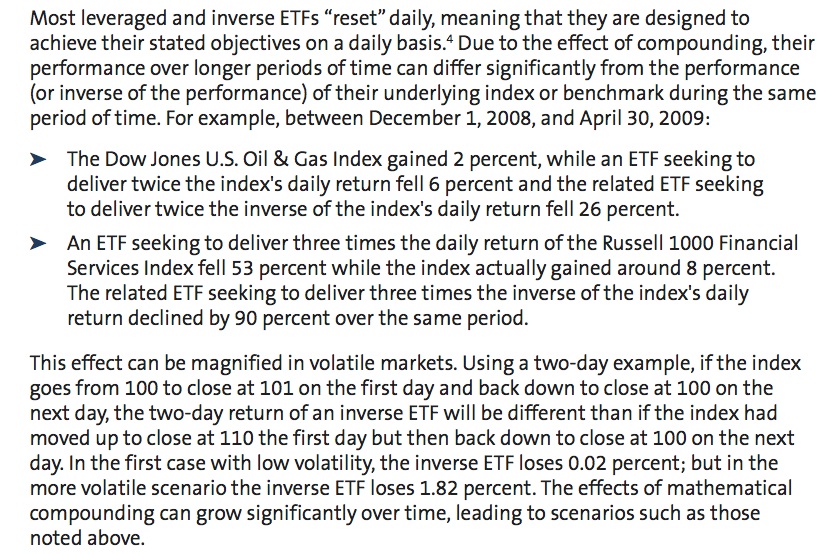Ordinary investors aren't the only ones who get fleeced by rogue brokers, financial scam artists, and Ponzi schemers. It also happens--quite a bit actually--to professional athletes. Just because a pro ball player is wealthy and successful thanks to athletic prowess does not mean they're a sophisticated investor. That goes for wealthy and successful people in general. In other words, and even if arbitrators and juries don't always see it this way, wealth does not equal sophistication when it comes to investments and financial products. Time and again, we have seen NBA, NHL, and MLB players targeted by false friends or fraudsters who take advantage of a pro athlete's bank account or good will. A recent piece we came across on Financial Advisor strums the same sad chord.
In this case, FINRA (Financial Industry Regulatory Authority) put the kibosh on the activities of Success Trade Securities nd its CEO and founder, Fuad Ahmed, for fraudulent behavior in the sale of $18 million in promissory notes to 58 investors. Many of these investors were pro athletes. It's highly likely that these athletes invested in Success Trade at the behest of their brokers, who apparently didn't think to look more closely at the suspiciously high rates of interest the notes promised, nor at the legitimacy of the underlying business and its owner. What the brokers were looking at, we're pretty darn sure, was the prospect of making a quick buck off their baller clients. According to the report, the Success Trade notes "promised to pay an annual interest rate of 12.5 percent on a monthly basis over three years and some promised interest as high as 26 percent." Red flag, right there. As we've said before and we'll say again, if it sounds too good to be true... Case in point, Ahmed continued to raise funds to meet his goal of $5 million long after he'd already collected the $5 million. Plus, he gave himself "loans" and paid off new investors with previous investors' money (a Ponzi scheme in the making). Whether you're a pro athlete or an ordinary investor, don't let a broker or huckster sell you a piece of bright blue sky and or get funny with your money...
But if they do, and you become a victim of financial adviser misconduct or any other form of investment fraud, contact us for a free consultation. We may not be able to dunk a basketball, but we know how produce results when it comes to securities litigation.





